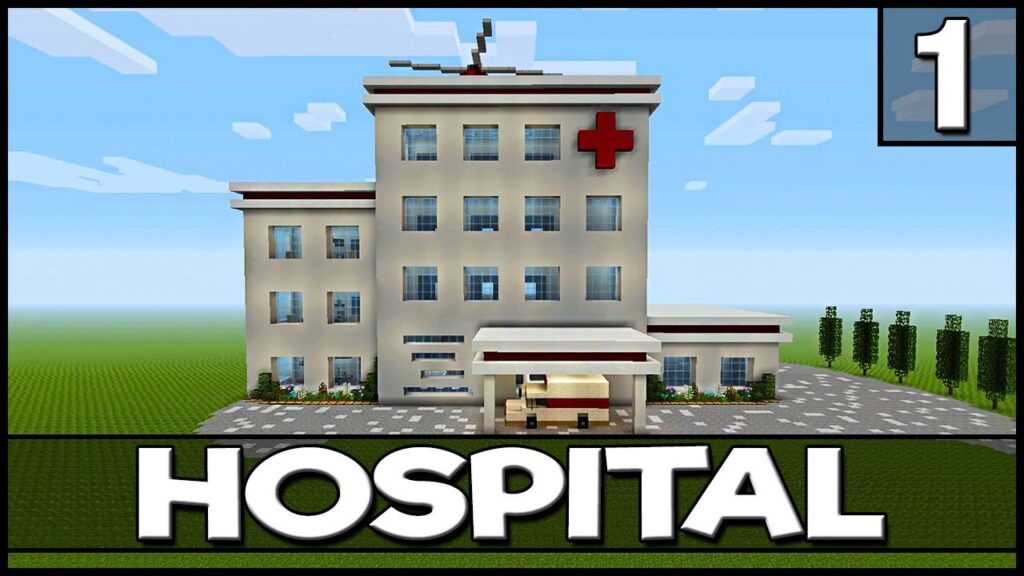Corona-hit hospital sector braces for a short-term negative impact: ICRA

25 March 2020, Pune- ICRA Ratings has estimated that the impact of Covid-19 or the coronavirus on the hospital industry to be negative in the short-term. The impact on the sector is multi-fold, (a) Revenues coming from international patients are a high realisation and high margin business for hospitals. Due to visa cancellations and travel restrictions, the business coming from international patients is likely to dry up in the short-term; (b) As the citizens become more cautious in visiting the hospitals, the footfalls in the hospitals may drop, impacting OPD revenues, which may in turn affect admissions, as the OPD to IPD conversion rate for the industry is 10-12%; (c) The infrastructure and the resources required to be created and/or diverted to meet the requirement of coronavirus patients could impact the profitability of the hospitals in the short-term; and (d) The elective procedures are likely to be postponed
Speaking on this, Mr. Kapil Banga, Assistant Vice President, ICRA Limited, said, “Though there could be a short-term impact of the coronavirus outbreak, we believe the performance of healthcare companies will remain robust over the long run. Structurally, underlying fundamentals like the significant shortage of beds in the country, and the increase in the disease burden and an ageing demographic profile continue to favour the sector. Further, the demand for quality healthcare will be supported by the rising per capita income, increasing penetration of medical insurance, riding healthcare awareness and double-digit growth in medical tourism. Nonetheless, our concerns, on any incremental regulation having a transient impact, remain.”
International patients account for 12-14% of the aggregate revenues of the companies in ICRA’s sample set, going as high as 25% of the revenues of certain super specialty facilities located in the metros and Tier-I cities. The revenues from this segment are likely to completely dry up, due to visa cancellations and will continue to be affected till the visa and travel restrictions are lifted. Though these facilities will utilise the available capacities for domestic patients, cushioning the impact on the occupancy, however, the average revenue per occupied beds (ARPOB) may still be impacted as the international patients yield better ARPOB. Also, the facilities which have limited share of revenues from international patients are likely to be less affected.
The Government of India (GoI) has, on March 21, 2020, released guidelines for the hospitals to prepare for the coronavirus outbreak. Amongst other things, the hospitals are required to reserve beds, create isolation wards, mobilise additional manpower and train the staff, in addition to arranging for adequate high-oxygen masks and ventilators. The resource deployment/ diversion are likely to impact the near-term cash flows of the players. Nonetheless, in case the facilities see a jump in admissions on account of the virus attack, the volumes will receive a boost, although the ARPOB from the coronavirus treatment will be lower than the existing ARPOB of super specialty hospitals.
Further, the elective procedures include certain orthopaedic, cosmetic, and ophthalmological treatments. Additionally, across all disciplines, a certain percentage of procedures are not immediately required and can be postponed. In the wake of the coronavirus attack, the business from elective procedures is likely to be pushed back. As footfalls in hospitals have been impacted, the OPD revenues are also likely to be affected, which may in turn reduce admissions, as the OPD to IPD conversion rate for the industry is 10-12%.
The performance of the sector has been resilient in Q3FY2020. As per ICRA analysis, the aggregate revenues of companies in it’s sample set[2] grew by a healthy ~11% on a Y-o-Y basis, from Rs. 4,269 crore in Q3 FY2019 to Rs. 4,740 crore in Q3 FY2020. The EBITDA grew by a robust ~32%, from Rs. 557 crore to Rs. 738 crore, and the EBITDA margin improved substantially from 13.0% to 15.6% during the same period on account of better revenues and the positive impact of the IndAS 116 implementation.
While the aggregate bed capacity of the companies in the sample set has increased from 24298 beds in Q3FY2019 to 24716 in Q3FY2020, the average occupancy of the companies in the sample set has remained steady at ~61%. The average revenue per occupied bed (ARPOB) has grown at a healthy 9.3%, driven by the increase in tariffs as well as a better case mix. The debt protection metrics has remained comfortable- while the net debt/EBITDA stood at ~3.0x in September 2019 as well as March 2019, the interest coverage ratio improving from 2.62x to 3.06x during this period. Give the above, ICRA continues to maintain a stable outlook on the sector.
Adds Mr. Banga, “The virus outbreak will impact the revenues, profitability and cash flows of the hospital sector in the short-term and the same is likely to lead to lower-than-expected debt protection indicators. Nonetheless, in case the consultations/admissions rise steeply due to the coronavirus, the volumes may instead get a boost, particularly in facilities where significant headroom in terms of capacity utilisation is available and lead to better-than-expected debt protection indicators. This assumes that the hospitals will be allowed to levy regular tariffs and service/treatment charges for treatment.”





